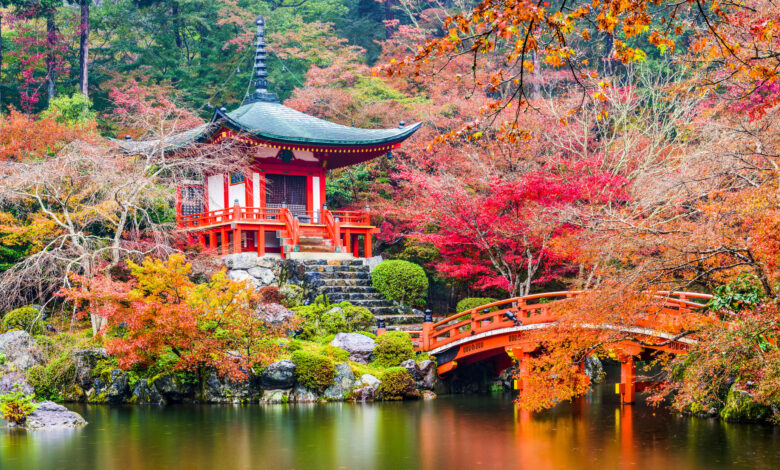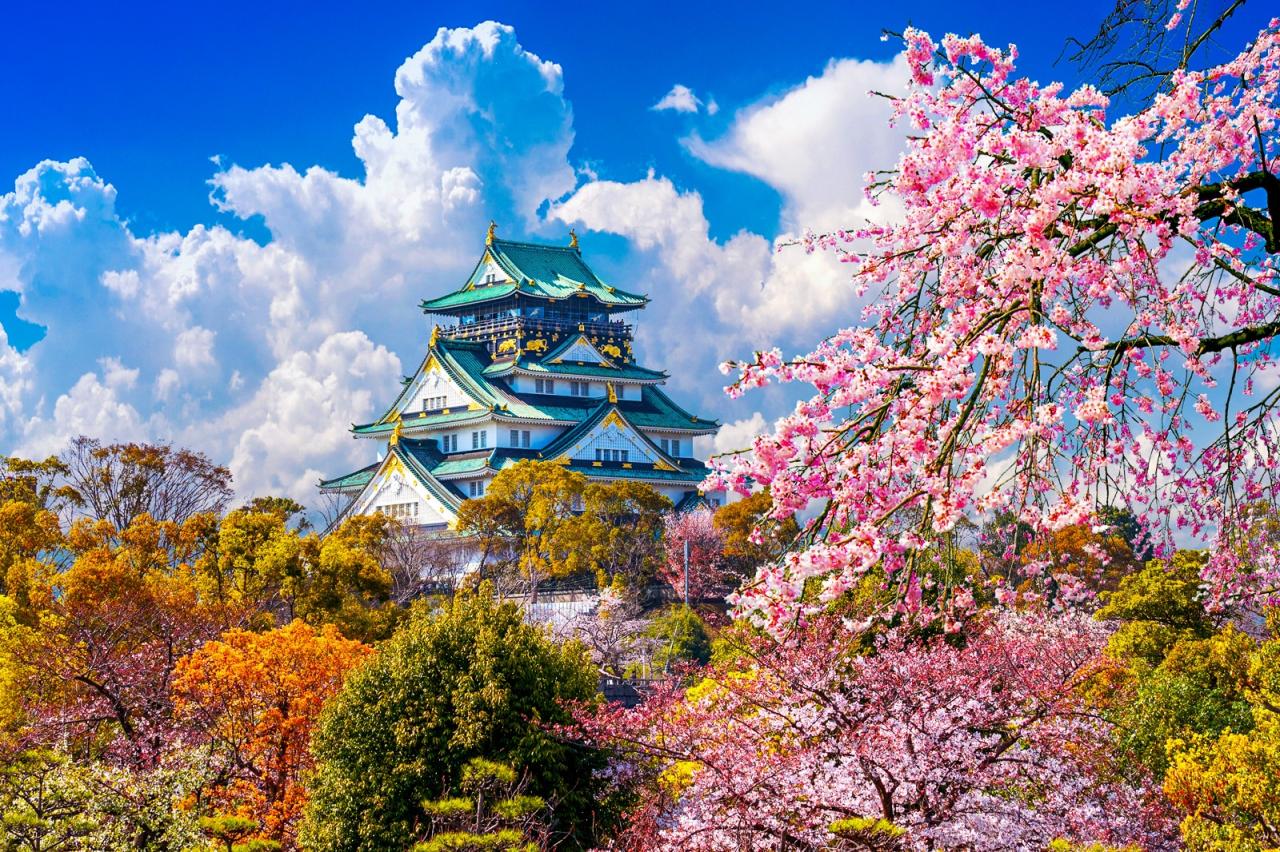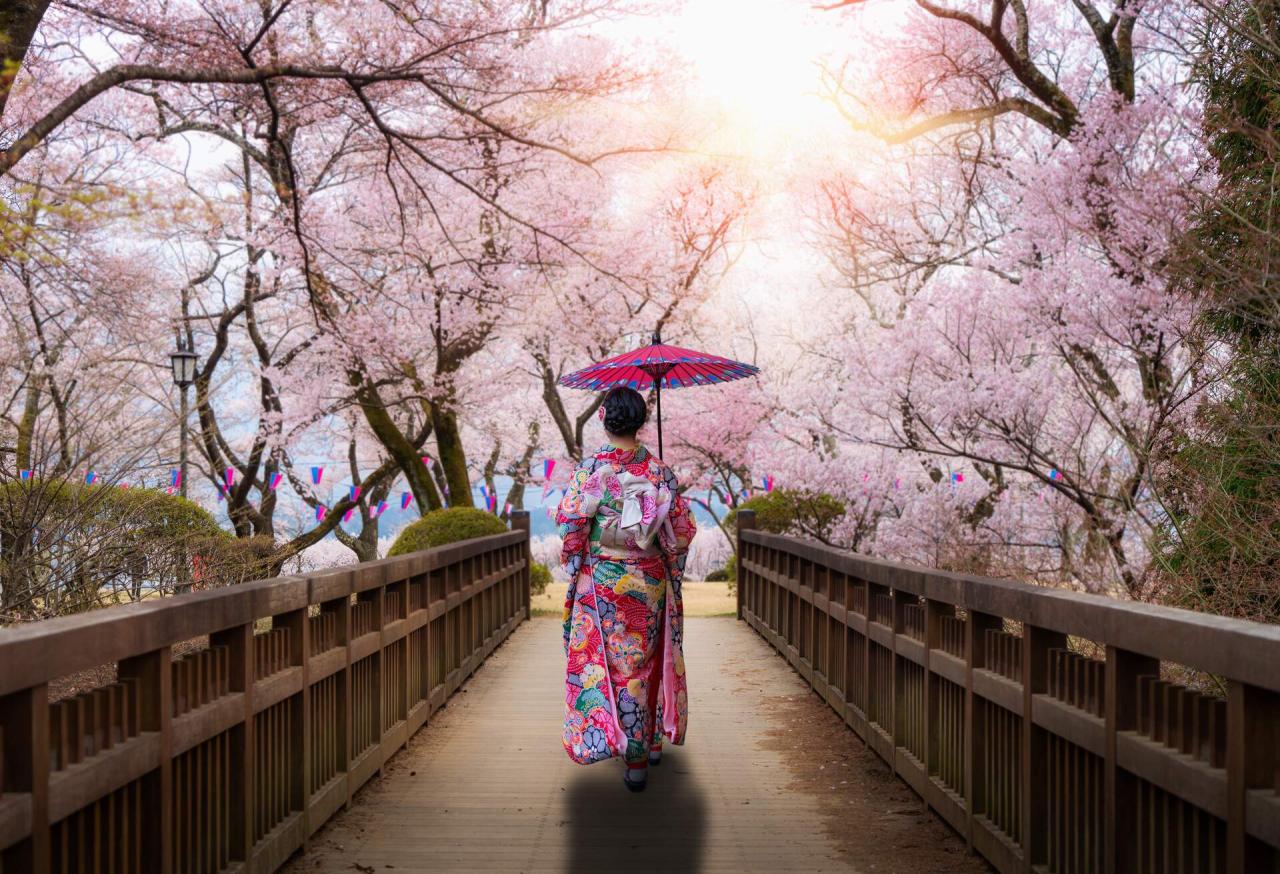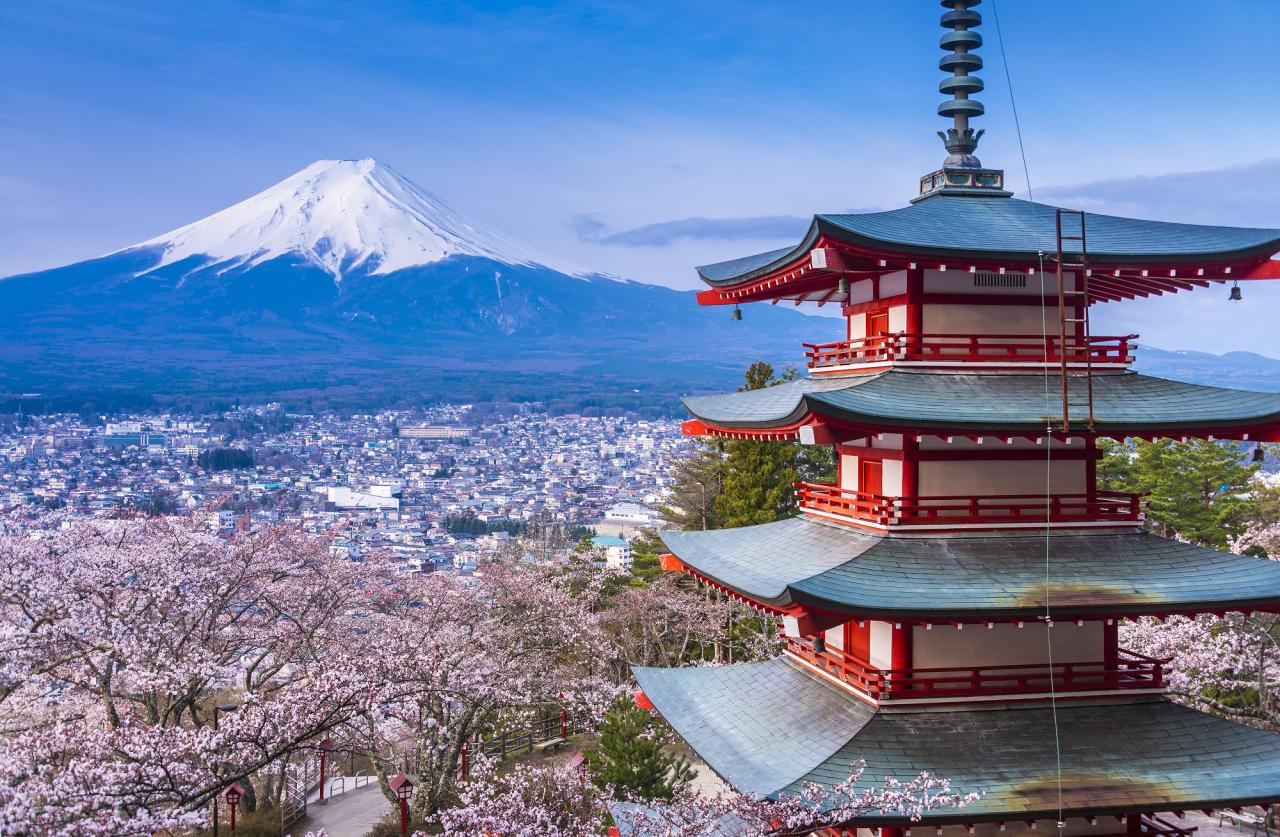Discover Japan’s Secrets: A Journey Through Cultures and Innovations

Introduction to Japan

Located in East Asia, Japan is an archipelago of over 6,800 islands, with the four largest islands being Honshu, Hokkaido, Kyushu, and Shikoku. With a population of approximately 128 million people, Japan is one of the most populous countries in the world. The country’s unique blend of traditional and modern culture, rich history, and cutting-edge technology makes it a fascinating destination for tourists, business travelers, and expats alike.
From the bustling streets of Tokyo to the serene landscapes of the Japanese countryside, Japan has something to offer for everyone. In this article, we will delve into the history, culture, economy, and daily life of Japan, providing an in-depth look at what makes this country so unique and captivating.
History of Japan
Japan’s history dates back to the Jomon period (14,000-300 BCE), characterized by a hunter-gatherer lifestyle and the development of pottery and other crafts. The Yayoi period (300 BCE-300 CE) saw the introduction of agriculture and the influence of Chinese and Korean cultures. The country’s history is marked by periods of isolationism and expansion, including the Edo period (1603-1867), during which Japan was closed off to the rest of the world, and the Meiji period (1868-1912), which saw the country’s rapid modernization and emergence as a major world power.
The 20th century was marked by Japan’s involvement in World War II, which had a profound impact on the country’s economy, politics, and society. The post-war period saw Japan’s rapid economic growth, driven by innovative technologies, manufacturing, and exports. Today, Japan is a major player in global affairs, known for its cutting-edge technology, vibrant culture, and commitment to peace and stability.
Ancient Japan
Ancient Japan was characterized by the development of a unique culture, influenced by Chinese and Korean traditions. The country’s early history is marked by the reign of the Yamato state (300-538 CE), which saw the introduction of Buddhism, the development of a writing system, and the emergence of a feudal society. The Heian period (794-1185 CE) is known for its cultural achievements, including the development of Japanese literature, art, and architecture.
The Kamakura period (1185-1333 CE) saw the rise of the samurai class, which would dominate Japanese politics and society for centuries to come. The Muromachi period (1336-1573 CE) was marked by the development of Zen Buddhism, the emergence of a new warrior class, and the construction of iconic landmarks such as the Kiyomizu-dera temple.
Modern Japan
Modern Japan is a country of contrasts, where traditional and modern culture coexist in harmony. The country’s vibrant cities, such as Tokyo and Osaka, are known for their cutting-edge technology, innovative fashion, and world-class cuisine. At the same time, Japan’s rural areas are home to a rich cultural heritage, with many traditional festivals, customs, and practices still observed today.
Japan’s economy is driven by a highly skilled workforce, innovative technologies, and a strong manufacturing sector. The country is home to some of the world’s leading companies, including Toyota, Honda, and Sony, and is a major player in the global automotive, electronics, and robotics industries.
Culture of Japan

Japanese culture is known for its unique blend of traditional and modern elements. The country’s rich cultural heritage is reflected in its vibrant arts scene, which includes traditional forms such as calligraphy, woodblock printing, and ceramics, as well as modern forms such as manga, anime, and video games.
Japanese cuisine is famous for its emphasis on fresh ingredients, seasonality, and simple preparation methods. Popular dishes such as sushi, ramen, and tempura are enjoyed not only in Japan but also around the world. The country’s traditional festivals, such as the Cherry Blossom Festival and the Golden Week, are celebrated with great enthusiasm and are an important part of Japanese culture.
Traditional Japanese Arts
Traditional Japanese arts include a wide range of disciplines, such as:
- Calligraphy: the art of writing Japanese characters with a brush
- Woodblock printing: a traditional method of printing images and texts using wooden blocks
- Ceramics: the art of creating pottery and other ceramic objects
- Tea ceremony: a traditional ritual in which green tea is prepared and served to guests
- Flower arrangement: the art of arranging flowers and other plant materials in a decorative way
These traditional arts are still practiced and appreciated today, and are an important part of Japanese cultural heritage.
Modern Japanese Culture
Modern Japanese culture is known for its vibrant and eclectic mix of styles and influences. The country’s popular culture, including manga, anime, and video games, has gained a huge following around the world. Japanese fashion, from traditional kimonos to modern streetwear, is also highly influential and sought after.
Japan’s music scene is diverse and thriving, with a wide range of genres, from traditional enka and folk to modern J-pop and rock. The country’s film industry is also highly regarded, with directors such as Akira Kurosawa and Hayao Miyazaki gaining international recognition.
Economy of Japan
Japan’s economy is one of the largest and most advanced in the world. The country’s highly skilled workforce, innovative technologies, and strong manufacturing sector drive its economic growth. Japan is a major player in the global automotive, electronics, and robotics industries, and is home to some of the world’s leading companies.
The country’s economy is also driven by its highly developed service sector, which includes finance, logistics, and tourism. Japan’s unique culture and rich heritage make it a popular destination for tourists, with over 30 million visitors per year.
Key Industries in Japan
Some of the key industries in Japan include:
- Automotive: Japan is home to some of the world’s leading automotive companies, including Toyota, Honda, and Nissan
- Electronics: Japan is a major player in the global electronics industry, with companies such as Sony, Toshiba, and Panasonic
- Robotics: Japan is a leader in the development and manufacture of robots, with companies such as Honda and Toyota investing heavily in robotics research and development
- Manufacturing: Japan has a highly developed manufacturing sector, with a strong focus on quality and innovation
- Services: Japan’s service sector is highly developed, with a strong focus on finance, logistics, and tourism
These industries drive Japan’s economic growth and make it a major player in global trade and commerce.
Daily Life in Japan

Daily life in Japan is known for its unique blend of traditional and modern culture. The country’s vibrant cities, such as Tokyo and Osaka, offer a wide range of amenities and services, from cutting-edge technology to traditional cuisine and entertainment.
Japan’s rural areas are home to a rich cultural heritage, with many traditional festivals, customs, and practices still observed today. The country’s education system is highly regarded, with a strong focus on discipline, hard work, and academic achievement.
Education in Japan
Education is highly valued in Japan, with a strong focus on discipline, hard work, and academic achievement. The country’s education system is highly regarded, with a wide range of schools and universities offering high-quality education.
Some of the key features of Japan’s education system include:
- Compulsory education: education is compulsory for all children between the ages of 6 and 15
- High school: high school education is highly competitive, with a strong focus on academic achievement
- University: Japan’s universities are highly regarded, with a wide range of programs and courses available
- Vocational training: Japan’s vocational training system is highly developed, with a strong focus on practical skills and job readiness
Japan’s education system is highly respected and plays a critical role in the country’s economic and social development.
Conclusion
In conclusion, Japan is a country of contrasts, where traditional and modern culture coexist in harmony. From its rich cultural heritage to its cutting-edge technology, Japan has something to offer for everyone. The country’s unique blend of traditional and modern elements makes it a fascinating destination for tourists, business travelers, and expats alike.
Japan’s economy is driven by a highly skilled workforce, innovative technologies, and a strong manufacturing sector. The country’s education system is highly regarded, with a strong focus on discipline, hard work, and academic achievement.
Whether you are interested in history, culture, economy, or daily life, Japan has something to offer. With its vibrant cities, rich cultural heritage, and stunning natural beauty, Japan is a destination that is sure to captivate and inspire.








